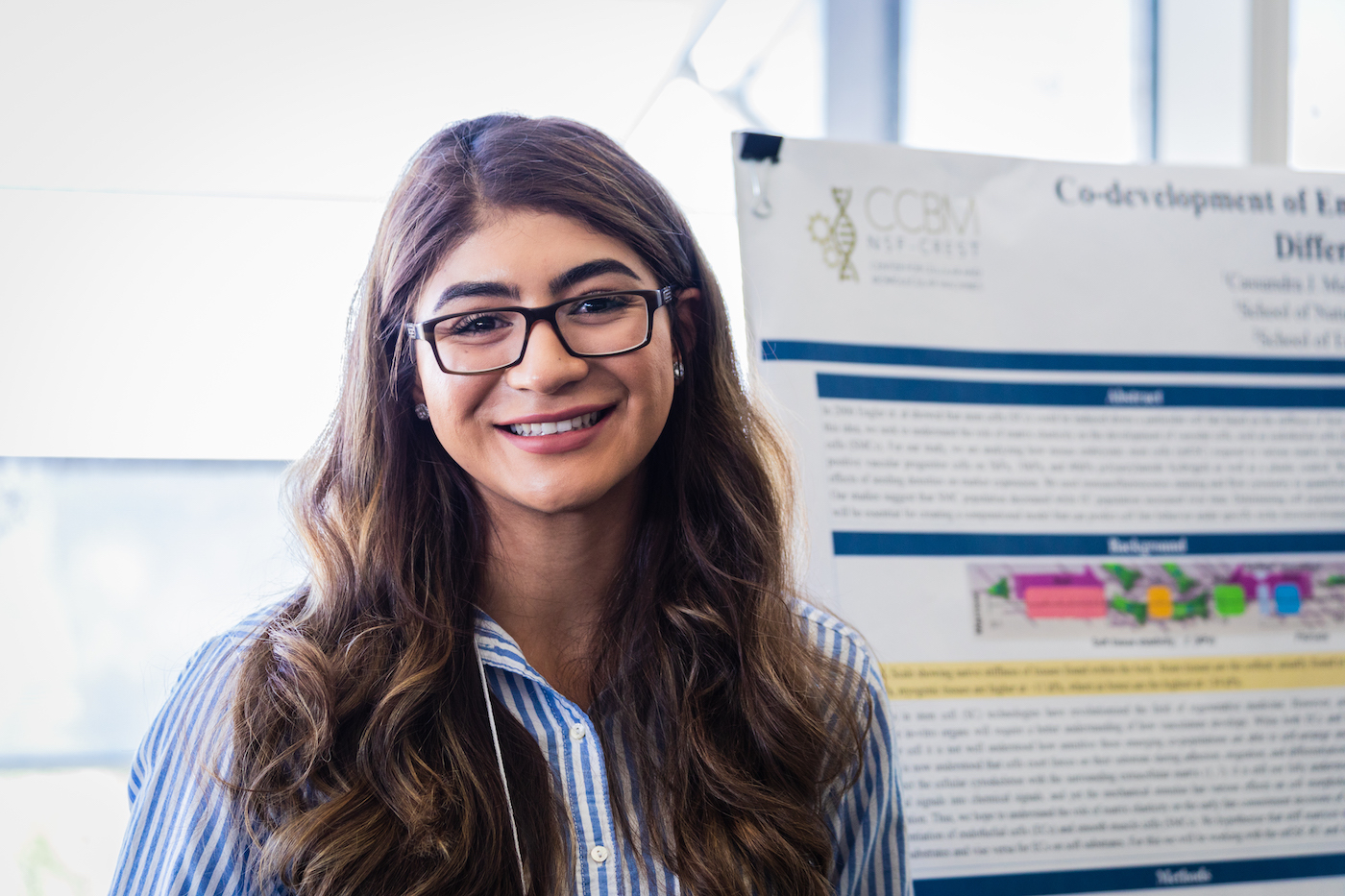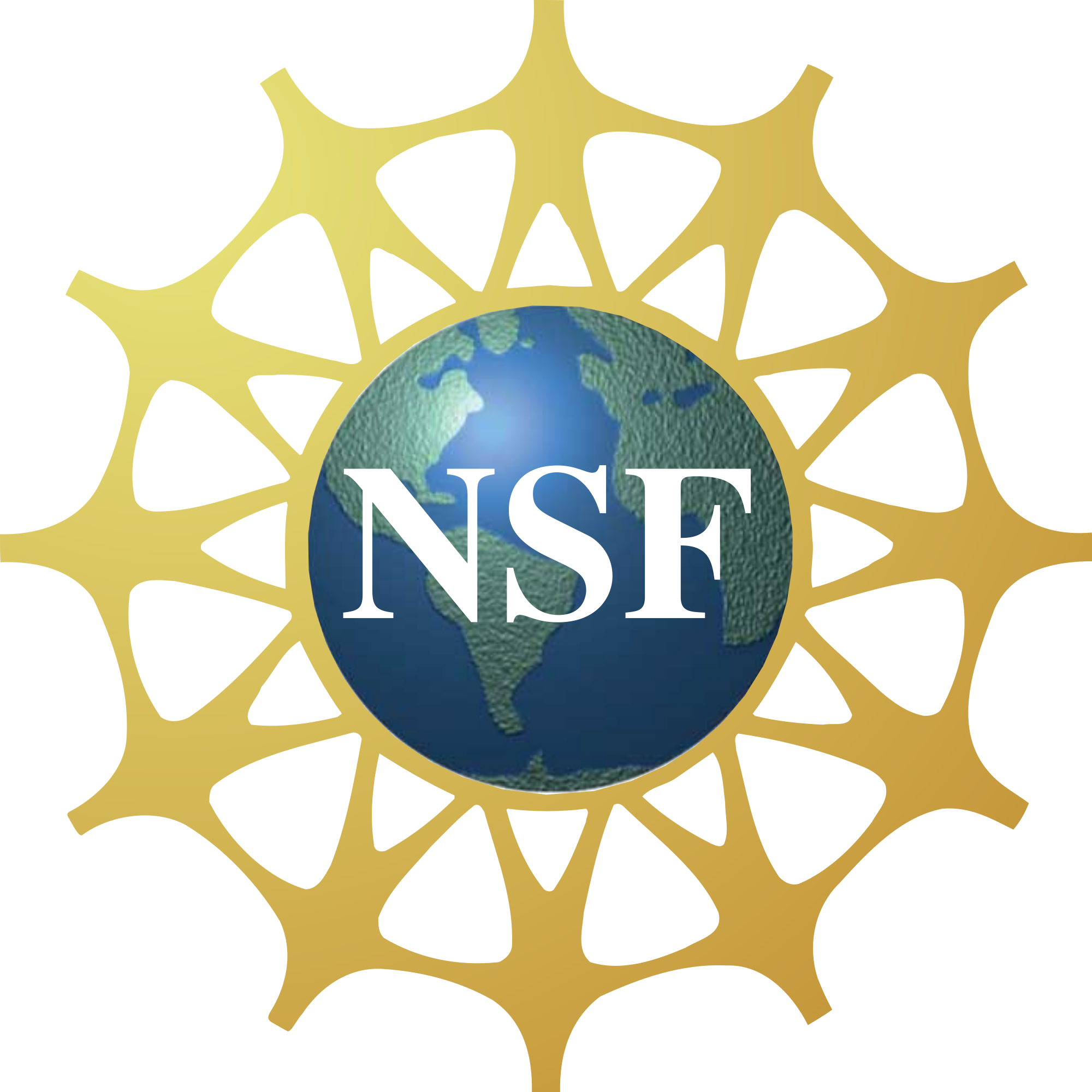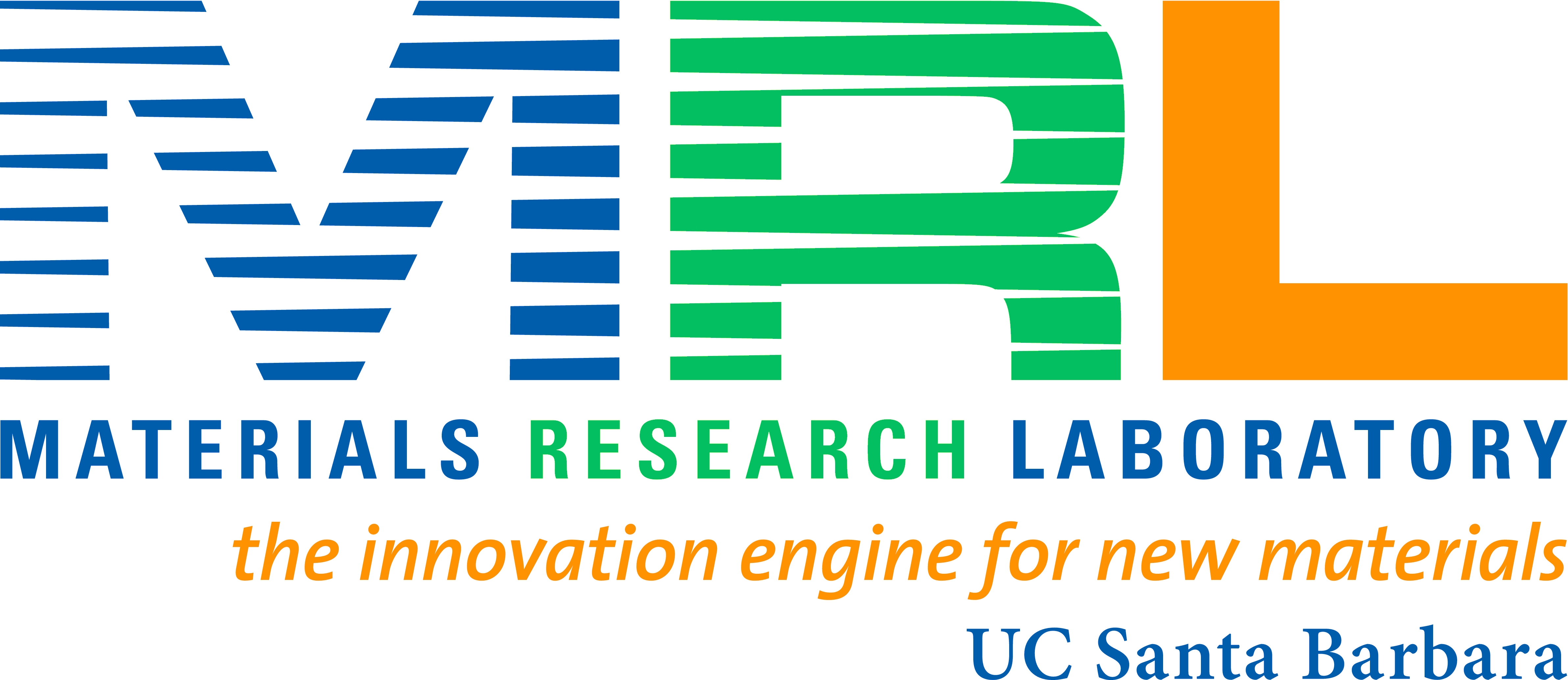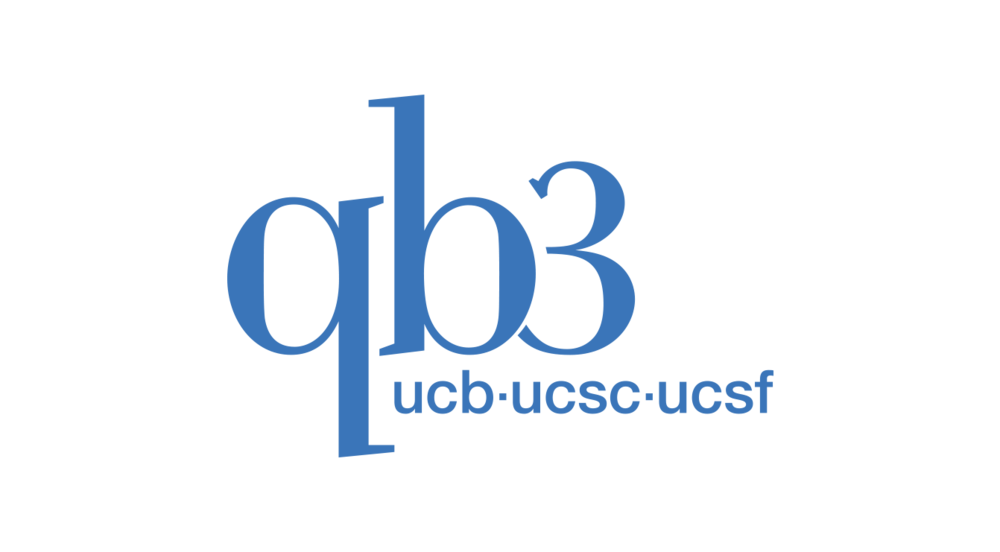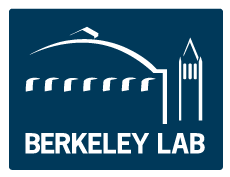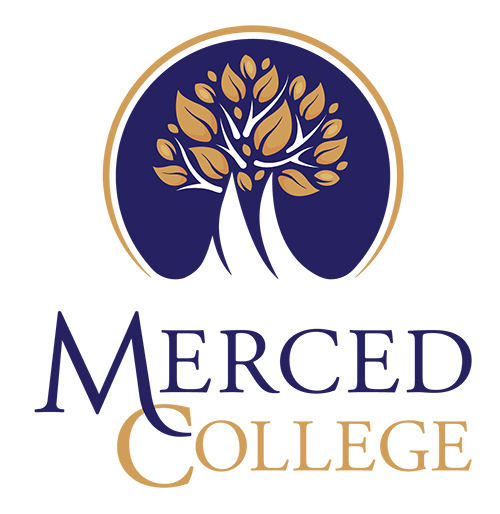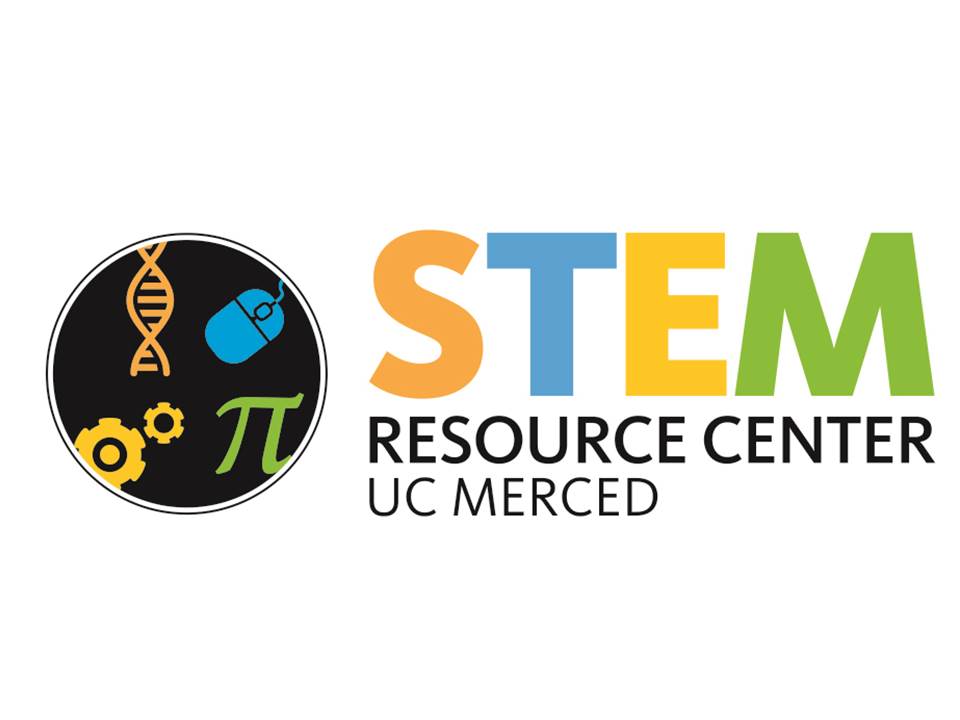NSF REU Site:
Interdisciplinary Biological Engineering and Science Training (I-BEST)
10-Week Summer Undergraduate Research Experience at the University of California, Merced
Focus areas - biophysics, biochemistry, molecular biology,
developmental biology, biomaterials, and bioengineering
2026 I-BEST REU FLYER
2026 I-BEST application due date:
DUE DATE - Feb. 24 - updated on Feb. 20 (due to application system issues on Feb. 19). (Note that ETAP will be down on Feb. 21/22.)
PREVIOUS*****First-priority deadline is FEB. 19, 2026.***** (Deadline was Feb. 15, 2026 - and was extended in 2026 due to ETAP system updates.)
APPLICATION SITE opens in mid-December 2025.
Students are encouraged to apply early (rolling applications). We will begin the review of applications as they are received. Submit applications no later than 2/19/26 - but we will accept applications until all 10 spots are filled.
2026 Dates - June 1, 2026 - Aug. 7, 2026
(Arrive on May 30-31 / depart on Aug. 7-8)
The I-BEST REU application (via NSF ETAP) - ETAP APPLICATION SITE
Note on references - For some applicants (who are finalists in the selection process), we may seek a recommendation from the contact listed in the student application.
I-BEST REU Site Overview:
Transformative advances in bio-related fields require contributions from multidisciplinary teams and the REU Site at UC Merced has dedicated faculty with active, collaborative research programs in biophysics, biochemistry, molecular biology, developmental biology, biomaterials, and bioengineering. Students will carry out research projects ranging from studying the mechanisms of circadian clocks and cancer cell migration to the design and characterization of novel biosensors, antibacterial hydrogels, and responsive drug delivery systems. In addition to the immersive research in multidisciplinary research teams, the program will provide hands-on training in various laboratory techniques; focused professional development including communication, graduate school preparation, and ethics/responsible conduct of research; career pathways sessions with professionals from industry; and community building events such as trips to nearby Yosemite.
Students will discover how scientific, interdisciplinary research is conducted, and will have the opportunity to present the results of their summer experiences at scientific conferences.
Stipends, housing, and meals, as well as funds for post-program conference travel, will be provided (see below for details). Students should apply to the REU site using NSF ETAP (Education and Training Application: https://etap.nsf.gov).
This REU Site is supported by the Division of Equity for Excellence in STEM (EES) in the Directorate for STEM Education (EDU) and the Division for Biological Infrastructure (DBI) in the Directorate for Biological Sciences (BIO).
Principal Investigator - Ajay Gopinathan, Professor of Physics and NSF-CREST CCBM Co-Director
Co-Principal Investigator - Carrie Kouadio, NSF-CREST CCBM Executive Director
-
10-week undergraduate research experience at the University of California, Merced
-
Research experience in biophysics, biochemistry, molecular biology, developmental biology, biomaterials, and bioengineering
-
Students will be matched to faculty labs according to their interests and academic preparation.
-
Research & academic guidance and mentoring from CCBM faculty & graduate students
-
Special CCBM sessions, lectures, and meetings
-
Summer Undergraduate Research Institute (SURI) participation
-
Workshops and trainings, including safety training
-
Access to bootcamps (Matlab, Wetlab, more)
Program Benefits
-
$7,000 stipend
-
Room, meals, and travel expenses included. (Travel details will be provided to accepted students.)
-
Training expenses covered
-
Professional development training
-
Faculty, graduate student, and peer networking
-
Coordinated social activities
-
Collaborations with the other university research and STEM units, including UROC and STEM Center
Eligibility
Applicants must be full-time undergraduates who are U.S. citizens, nationals, or permanent residents (NSF program requirements), with plans to continue as a student in fall.
More details
Students from institutions with limited research opportunities are encouraged to apply. The I-BEST REU Site is open to students outside of UC Merced and also attending UC Merced.
Examples of projects in the I-BEST REU
Thrust 1. Protein Metamorphosis and Responsive Nanodevices
- Elucidating the mechanism of the circadian clock of cyanobacteria (Andy LiWang, Chemistry and Biochemistry)
- Design of disordered proteins to protect from environmental stress (Shahar Sukenik, Chemistry and Biochemistry)
- Design and characterization of protein-based hydrogels with antibiofilm applications (Eva de Alba, Bioengineering)
- Protein morphing in eukaryotic transcription factors (Victor Muñoz, Bioengineering)
- Expression and purification of engineered enzymes for structural studies (Michael Thompson, Chemistry and Biochemistry
Thrust 2. Adaptive and Responsive Mesoscale Assemblies
- Modeling mechanical interactions among multiple molecular motors during mitochondrial transport (Ajay Gopinathan, Physics)
- Self-mixing of active microtubule-kinesin composite fluids (Linda Hirst, Physics)
- Expansion of a set of orthogonal coiled coil peptide heterodimers for origami bionanomaterial assembly (Andrea Merg, Chemistry and Biochemistry)
- Determination of the viscoelasticity of synovial fluid films (Roberto Andresen Eguiluz, Materials Science and Engineering)
- Self-assembled smart responsive cargo delivery systems (Sayantani Ghosh, Physics)
Thrust 3. Adaptive Cellular Communication
- Endogenous and tissue-specific protein labeling by split fluorescent proteins (Stephanie Woo, Molecular Cell Biology)
- Trapping and guiding swimming bacteria through environmental structures (Bin Liu, Physics)
- Directing, characterizing, purifying tip-specific endothelial cells from stem cells (Kara McCloskey, Materials Science and Engineering)
- Physical modeling of cell migration on elastic substrates (Kinjal Dasbiswas, Physics)
- Study of cell signaling in the primary cilium (Xuecai Ge, Molecular Cell Biology)
Apply
Application Materials: In ETAP, applicants will be required to submit a package that includes: a personal statement detailing their professional and research goals and experience and interest in the program, a resume, unofficial transcripts, a letter of recommendation OR contact information for one reference, demographic information, and a list of three faculty from Faculty Listing whose research interests you. We may seek official transcripts from admitted students. Students must provide either a letter of recommendation OR contact information for one reference (as a PDF to upload in ETAP) - note that either option will be acceptable with no preference given for the letter.
Guidance on the statement of interest: Briefly describe your interest in research being done in the I-BEST REU. Why are you interested in this research? Are there particular faculty with whom you would like to work and why? Summarize the reasons why you are applying to the I-BEST REU, what you hope to gain by participating, and how it fits into your future educational and career objectives, along with discussing your relevant background and experience. (1 page max, single spaced)
Questions?
Contact:
Carrie Kouadio, I-BEST Co-Principal Investigator and CCBM Executive Director - ckouadio@ucmerced.edu
Petia Gueorguieva, STEM Center Director and CCBM Undergraduate Coordinator - pgueorguieva@ucmerced.edu
Acknowledgements:
This work was supported with funding from:
REU Site: Interdisciplinary Biological Engineering and Science Training (I-BEST) (NSF-DBI-2349757)
NSF-CREST: Center for Cellular and Biomolecular Machines at UC Merced (NSF-HRD-1547848 and NSF-EES-2112675)


